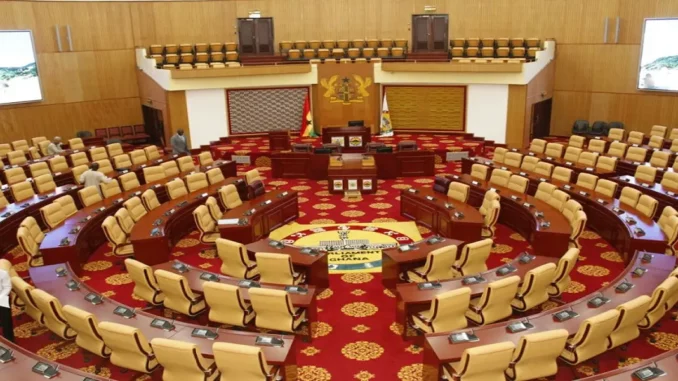
Ghana’s parliament has resubmitted a controversial new law, which proposes up to three years of imprisonment for LGBTQ individuals and increased penalties for promoting LGBTQ activities, to President Nana Akufo-Addo for his signature, despite an order to wait until the Supreme Court rules on the bill’s constitutionality.
Akufo-Addo had previously declined to receive the anti-LGBTQ bill, insisting on a legal review first. But the parliament speaker, Alban Bagbin, has still decided to push ahead with the bill’s resubmission, saying that “both the president and the judiciary have sinned against the Constitution” by obstructing its progress. Ghana’s anti-LGBTQ bill that was passed earlier this year has been widely condemned as “brutal, harsh and unjust.” As an analysis published by the Pretoria-based Institute for Security Studies (ISS) in April concluded, “Ghana, despite its more solid reputation for democracy and respect for human rights than authoritarian Uganda, is joining it in more stringently criminalizing homosexuality – and vacillating about the legislation to do that.”
In October, hundreds gathered in Accra to urge the Supreme Court to expedite the passage of the anti-LGBTQ legislation. If enacted into law, it would not only heighten discrimination against LGBTQ individuals but would also potentially lead to a loss of $3.8 billion in World Bank financing over the next five to six years. The LGBTQ bill has drawn sharp criticism from both Western nations and organizations such as Amnesty International (AI) or the International AIDS Society (IAS). The latter has recently expressed its “deep concern” at the passing of the bill, with IAS President Sharon Lewin warning that “if these bills become laws, they will set back the substantial gains made towards ending the HIV pandemic as a threat to public health and individual well-being.”
